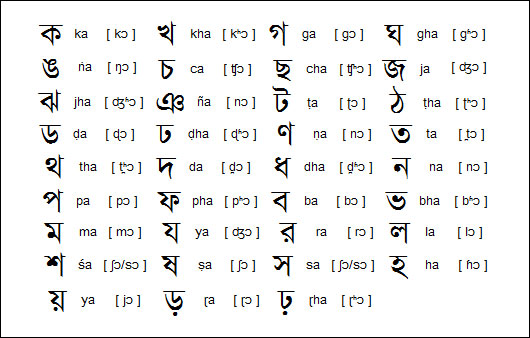

सो ऽहम्स त्वम् ― so ʼhamsa tvam ― I (or thou) that very person cf. sa occasionally blends with another vowel (as in saī*ṣaḥ) and it is often for emphasis connected with another pronoun as with अहम् ( aham ), त्वम् ( tvam ), एष ( eṣa ), अयम् ( ayam ) etc. viii, 33, 16) and appears only at the end of a sentence in the form of visarga. The final s of the nominative m sás is dropped before all consonants (except before /p/ in RV. Compare also the suppletive-stem feminine and neuter forms सा ( sā́ ), तद् ( tád ). Cognate with Ancient Greek ὁ ( ho ), ἡ ( hē ), τό ( tó ), Old Church Slavonic тъ ( tŭ ), та ( ta ), то ( to ), Old English se (whence English the). पशुष ( paśu-ṣá ) - bestowing cattle प्रियस ( priyá-sá ) - granting desired objectsįrom Proto-Indo-Aryan *sá, *sáH, *tád, from Proto-Indo-Iranian *sá, *sáH, *tád, from Proto-Indo-European *só, *séh₂, *tód.

procuring, bestowing (only at the end of a compound).Please add to it, or discuss it at the Etymology scriptorium.) Noun ĭeclension Masculine a-stem declension of स ( sá )ĭeclension Neuter a-stem declension of स ( sá )įrom the root √सन् ( √san, “ to procure, bestow, give, distribute ” ). (This etymology is missing or incomplete. ( music ) Abbreviation of षड्ज ( ṣaḍ-ja ).

Please add to it, or discuss it at the Etymology scriptorium.) Pronunciation


 0 kommentar(er)
0 kommentar(er)
